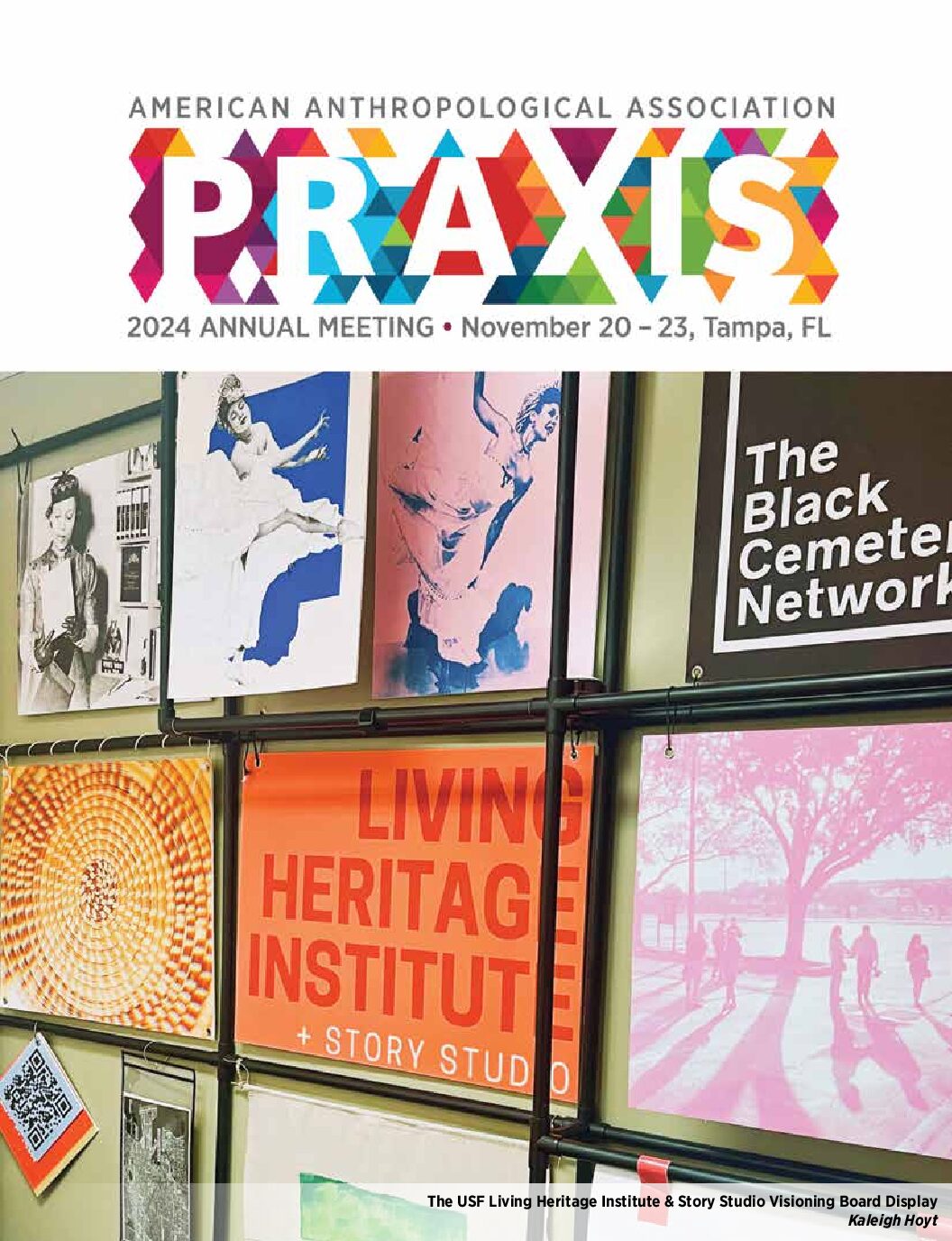Situating Policy in an Unsettled World at the 2018 Annual Meeting
The Association for the Anthropology of Policy
Theodore Powers
November 5, 2018
The 2018 Annual Meeting of the American Anthropological Association will soon convene in San José, California. Addressing the conference theme, “Resistance, Resilience,and Adaptation,” the Association for the Anthropology of Policy (ASAP) is sponsoring 14 panels that reflect both human responses to, and the broader social, political, and economic implications of, policy processes in the neoliberal era. The panels engage critically with the political dynamics and exceptional circumstances that “authoritarian neoliberalism” has produced and the different ways that people navigate these in their everyday lives.
Authoritarianism and Neoliberalism
The panel “Governing Authoritarian Neoliberalisms: Politics and Policy” (5-0400) analyzes the governmental work associated with authoritarian neoliberalism, emphasizing emotive and performative aspects of state practice in the translation of politics to policy, while tracing transnational forms of resistance to emergent political trends. A double panel called “States of Exception: Policy and Politics in Exceptional Times, Part I” (6-0165) and Part II (6-0410) will examine how governance and power operate under states of exception and the kinds of “legally sanctioned lawlessness” this permits. Ethnographic, historical, and comparative analyses will emphasize how crises, risks, emergencies and threats provide new ways to mobilize policy. A third panel, “Anti-Immigration, Anti-Gender: Toward an Anthropology of Gender, Sexuality, and Race in Central and Eastern Europe, and Russia” (4-0325), will investigate how anti-immigrant, racist, and anti-gender discourses inform populist rhetoric, governance, social practices, and policy processes circulating in parts of Europe and Russia.
Imagination and Territory
The panel “States of Imagination: Policy and Experience in Unrecognized States” (2-0450) engages with the dynamics of state-formation and policy processes in territories that are defined largely by their lack of recognition as sovereign states. Particular attention will be paid to how people, groups, and organizations pursue political and cultural strategies within arenas that lack internationally recognized state systems. “Mapping Ethnography: Critical Engagements with Maps and Mapmaking for Public Decisions” (3-1185) considers the role of maps in the fieldwork process. It asks how do cartographic representations interact with, and influence, social relationships, labor, and interactions? And what underscores the agency of maps in acts of persuasion, political maneuvering, and policy making? The panel “Imagining Africa: Rethinking Anthropological Narratives for a Changing Continent” (5-1040) takes territory as a starting point in rethinking the entailments of area studies. It also critiques journalistic representations of Africa, illustrating that conceptions of African peoples must be grounded in ethnographic case studies.
Hope and Morality
“In the Service of the Public Good: Considering the Affective and Moral Worlds of Policy Actors” (5-0125) explores social spaces where bureaucratic actors work to support the public good. Taking ethics, desire, intention, and contradiction as lenses for investigating their social and institutional position, the panelists will examine how bureaucratic mechanisms operate in practice. “The Politics and Policy of Hope and Resilience” (3-0320) analyzes the relationship between hope, governance, and policy through various case studies, including sanctuary policy, prison education, and human extinction.
The panel “Legacies of Conflict in Crisis” (5-0430) examines the various ways that conflict(s) build upon earlier iterations of unrest. It also analyzes the modes through which crises are understood and normalized amid historical continuity, social resilience, and multiple, overlapping social, political, and economic disasters. A session named “Digital Infrastructures: Poetics, Politics and Personhood” (5-0355) engages with the politics and poetics of digital infrastructure, examining how these inform individual subjectivities, influence power relationships and reinforce existing conceptions of the social through a series of ethnographic explorations that frame these issues in a transnational frame. Finally, the panel “Knowledge, Power, and the Governance of Public Policy” (6-0080) engages with a range of issues including bureaucracy and the production of science, poverty alleviation, indigenous contexts, the social life of social science concepts, migration management, and the relationship between welfare policy and delegated governance.
Mentoring
ASAP will be continuing its mentoring activities at the national meeting, with a workshop titled “ASAP Mentoring for Graduate Students and Emergent Scholars” (3-0530) providing a professional development opportunity for early career professionals and graduate students. In addition, ASAP is sponsoring an “Academic Precarity Mentoring Session” (3-1045) to support scholars as they navigate the conditions of work associated with the neoliberal academy.
Section Business
The section also extends an invitation to all those interested in learning more about the anthropology of policy to attend the ASAP Business Meeting (4-1290), where proposals for future panels will be discussed along with a review of section business. Please note that, as the business meeting will occur on Friday evening, the collective discussion of section business will be accompanied by complimentary snacks and access to a cash bar.
A link to this article on the Anthropology News website can be found here.


